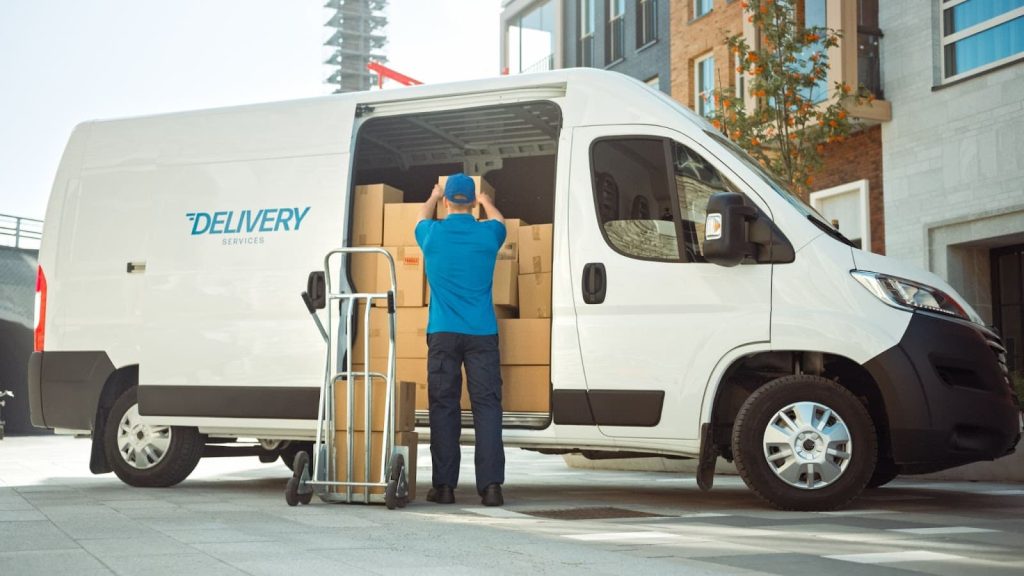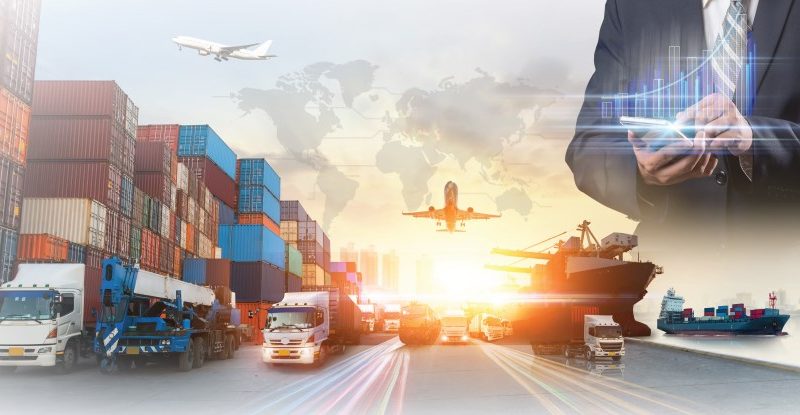Logistics and Courier Services: What Businesses Must Know in 2025
In the ever-evolving world of commerce, logistics and courier services have become the backbone of modern business operations. From small e-commerce stores to global enterprises, every company relies on efficient delivery networks to ensure products reach customers on time. As we move further into 2025, advancements in technology, customer expectations, and global trade patterns are reshaping the logistics and courier industry at an unprecedented pace.This article explores the current landscape, emerging trends, challenges, and opportunities businesses must understand in 2025 to stay ahead in logistics and courier management.
1. The Importance of Logistics and Courier Services in 2025
Efficient logistics and courier services directly influence business growth, customer loyalty, and profitability. In today’s customer-centric economy:
-
E-commerce Growth: With online shopping continuing to rise, logistics has become a deciding factor in customer satisfaction.
-
Global Reach: Businesses can sell globally, but the ability to deliver across borders efficiently defines competitiveness.
-
Customer Expectations: Same-day or next-day delivery is no longer a luxury—it’s an expectation.
-
Operational Efficiency: Proper logistics management reduces costs, prevents inventory pile-up, and ensures smooth supply chains.
2. Key Trends in Logistics and Courier Services in 2025
a) AI and Automation
Artificial Intelligence (AI) powers demand forecasting, warehouse automation, and route optimization. AI-driven analytics help businesses cut delivery times and reduce operational costs.
b) Drones and Autonomous Vehicles
Courier companies are increasingly deploying drones and autonomous vans for last-mile delivery, especially in urban areas where traffic congestion is high.
c) Green Logistics
Sustainability is a core concern. Companies are adopting electric delivery vehicles, eco-friendly packaging, and carbon-neutral shipping models.
d) Blockchain for Transparency
Blockchain is ensuring end-to-end transparency in the supply chain, preventing fraud, and enhancing security in global shipments.
e) Smart Warehousing
Robotics and IoT (Internet of Things) are transforming warehouses into automated hubs where sorting, packaging, and dispatching happen with minimal human intervention.
f) Cross-Border Logistics Growth
Globalization and digital trade agreements are pushing businesses to look beyond domestic markets. Courier services are innovating to handle international taxes, customs, and compliance efficiently.
3. Courier Service Models in 2025
-
Express Delivery Services (same-day and next-day shipping).
-
Standard Parcel Delivery (affordable but slower).
-
Freight & Cargo Services (for bulk shipments).
-
On-Demand Delivery (gig-economy style couriers for food, groceries, and urgent needs).
-
Subscription Logistics Models (retailers partnering with courier services to offer free/discounted deliveries for members).
4. Challenges Businesses Face in Logistics & Courier Management
-
Last-Mile Delivery Costs – The last leg of delivery remains the most expensive.
-
Regulatory Issues – Customs, tariffs, and cross-border compliance are complex.
-
Workforce Shortages – Courier companies struggle to recruit skilled workers in a competitive market.
-
Cybersecurity Risks – With increased digitalization, threats of hacking and data theft are higher.
-
Customer Demands – Ever-rising expectations for faster, cheaper, and greener delivery.
5. Opportunities for Businesses in 2025
-
Partnerships with Logistics Tech Startups: Many startups are offering AI-based delivery solutions.
-
Investing in Sustainable Delivery: Eco-conscious customers prefer businesses that adopt green logistics.
-
Data-Driven Supply Chains: Leveraging big data to predict demand and manage inventory efficiently.
-
Omnichannel Retail Logistics: Integrating online and offline logistics channels for seamless customer experiences.
6. How Businesses Can Choose the Right Courier Service
When selecting a logistics partner in 2025, businesses should evaluate:
-
Speed & Coverage: Does the courier offer same-day or next-day delivery? Does it cover international markets?
-
Technology Integration: Does it provide real-time tracking, APIs, and analytics?
-
Reliability: What is the success rate for timely deliveries?
-
Sustainability: Is the company eco-friendly in operations?
-
Cost Efficiency: Are pricing models transparent and scalable for business growth?
7. Future Outlook of Logistics and Courier Services Beyond 2025
-
Hyperloop Cargo Transport may revolutionize intercity deliveries.
-
AI-Powered Delivery Bots will take over sidewalks for last-mile delivery.
-
Personalized Logistics with predictive shipping, where items are dispatched before the customer even clicks “buy.”
-
Integrated Global Networks enabling businesses to deliver across borders with minimal restrictions.

Conclusion
Logistics and courier services in 2025 are no longer just about moving products from one point to another—they represent a strategic business advantage. With AI, automation, green logistics, and global expansion shaping the industry, businesses must adapt quickly to stay competitive. Those who embrace smart logistics solutions will gain efficiency, win customer loyalty, and thrive in a rapidly evolving market.
Frequently Asked Questions (FAQ)
Q1. Why are logistics and courier services important for businesses in 2025?
They ensure faster delivery, global reach, cost efficiency, and customer satisfaction. In an e-commerce-driven economy, logistics is the backbone of business success.
Q2. What are the biggest trends in courier services this year?
AI-driven automation, drones, electric vehicles, blockchain for transparency, and smart warehousing are the most significant trends in 2025.
Q3. How do drones help in logistics?
Drones are increasingly used for last-mile delivery, reducing delivery times and avoiding traffic congestion, especially in urban areas.
Q4. What is “green logistics”?
Green logistics refers to eco-friendly practices in transportation and supply chains, including electric vehicles, recyclable packaging, and carbon-neutral shipping.
Q5. Are courier services reliable for international shipping?
Yes, but businesses must choose providers that offer customs expertise, global networks, and transparent tracking systems.
Q6. What are the major challenges businesses face with logistics?
The biggest challenges are last-mile delivery costs, regulatory hurdles, rising customer expectations, and cybersecurity risks.
Q7. How can small businesses benefit from advanced logistics in 2025?
Small businesses can partner with logistics companies offering AI-powered tools, affordable subscription models, and global reach, making them competitive with larger firms.
Q8. How can a company choose the best courier service?
They should compare speed, reliability, cost, sustainability, and technology features like real-time tracking and integration with e-commerce platforms.
Q9. What role does AI play in logistics today?
AI predicts demand, optimizes routes, manages warehouse operations, and provides insights that reduce costs and improve delivery times.
Q10. What is the future of logistics beyond 2025?
Expect to see innovations like delivery robots, predictive shipping, hyperloop cargo transport, and seamless cross-border logistics networks.




